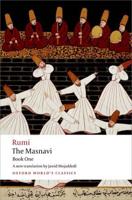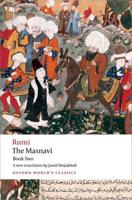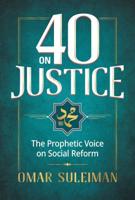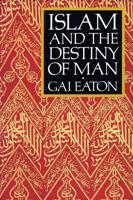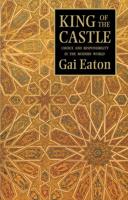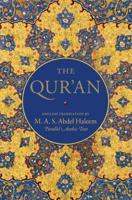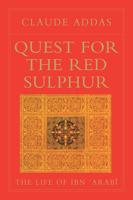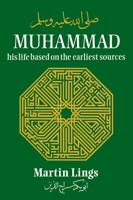Publisher's Synopsis
Islam has become an important symbol in post-Suharto Indonesia, and political figures or parties feel they cannot afford to be seen to be against the religion or be considered unfriendly to it.
Islamism emerges to challenge Pancasila (or cultural pluralism) again. Islamists already challenged Pancasila soon after Indonesian independence. But during that initial era under Sukarno, this challenge was already under control. Under Suharto, Pancasila as an ideology was effectively used to govern Indonesia, and political Islam was suppressed. However, Suharto began to co-opt Islamic political leaders during the last decade of his rule.
Religious Islam grew significantly during the Suharto era and would gradually transform itself into political Islam after Suharto's fall. Nevertheless, the electoral strength of "Islamic political parties" remained relatively low.
But since then, Islam has been used as an effective tool to undermine political rivals. The pluralists who are now in power continue to promote Pancasila, and combining with moderate Islamic organizations and through laws and regulations, have tried to hinder the further development of Islamist organizations.
The future of Pancasila depends on whether the Indonesian government and other pluralist forces are able to control the Islamists and provide political stability and economic development in the country.



